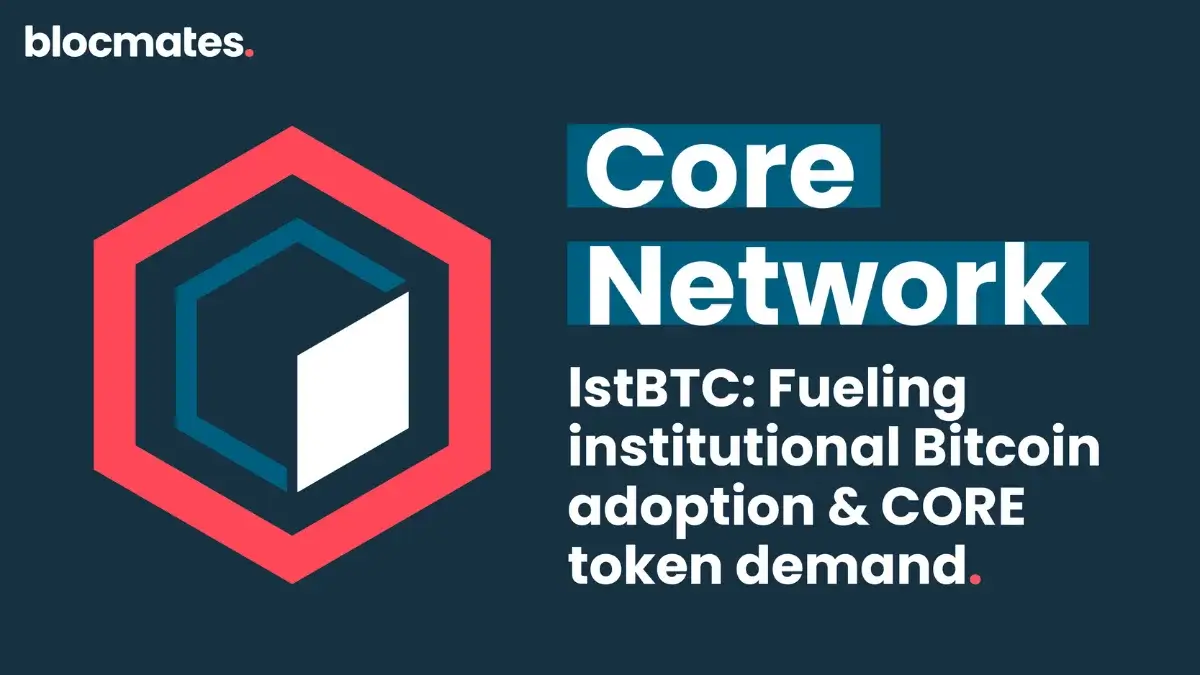The International Monetary Fund (IMF) is urging El Salvador to revise its approach to the nation’s Bitcoin law and limit the public sector’s exposure to the cryptocurrency.
Particularly, as part of ongoing discussions, the IMF is engaging with Salvadoran authorities on broader economic strategies, including efforts to “stabilize the country's macroeconomic environment and implement growth-focused reforms.”
Central to these discussions is the focus on “potential risks arising from the adoption of Bitcoin” according to the IMF which they are now calling for a “ reevaluation” of the role it plays within El Salvador’s financial sector.
Julie Kozack, the IMF’s director of communications, highlighted these ongoing talks in a press briefing, emphasizing the need to address the risks associated with Bitcoin.
Kozack noted:
“What we have recommended is a narrowing of the scope of the bitcoin law, strengthening the regulatory framework and oversight of the bitcoin ecosystem, and limiting public sector exposure to Bitcoin.”
IMF’s Concerns Over El Salvador Bitcoin Dream
The IMF has not been impressed with El Salvador in terms of the development of its fiscal position and the issuance of legal tender of Bitcoin.
The institution announced it is pursuing an IMF-backed program that would help the country pave for a more solid economic environment.
The goals of this program according to the regulator would be enhancing public finances, increasing bank reserves and improving governance and transparency in economic policies.
Additionally, a significant element of the discussions is the IMF’s proposal to mitigate potential financial risks associated with Bitcoin, which became legal tender in El Salvador in September 2021.
In an earlier statement released in August, the IMF claimed that it is addressing the fiscal challenges facing El Salvador, noting that progress had been made in negotiations towards a collaborative program.
The key policies discussed include strategies to strengthen the nation's public financial framework and reduce vulnerabilities linked to Bitcoin.
The IMF’s engagement suggests that while the risks from Bitcoin adoption have not yet “fully materialized,” a proactive approach is necessary to ensure that potential fiscal and financial stability issues are addressed.
The IMF also pointed to the need for more transparent policies to manage these risks, which would be a critical component of the program it is developing with the Salvadoran government.
As suggested by this development, overall, it appears that while the adoption of Bitcoin has opened new opportunities for financial inclusion and alternative currency use, the IMF sees it as a concern of financial oversight which they claim to want to address.















.webp)

.webp)
.webp)

%20(1).webp)



























































%202.webp)


.webp)

.webp)
.webp)
.webp)



.webp)












%20the%20Next%20Big%20Unlock%20in%20AI.webp)




.webp)
.webp)

.webp)
.webp)
.webp)


.webp)
.webp)










.webp)


.webp)









.webp)







.webp)




.webp)


























.webp)







.webp)















.webp)

.webp)
.webp)

.webp)














.webp)

.webp)


.webp)








.webp)




